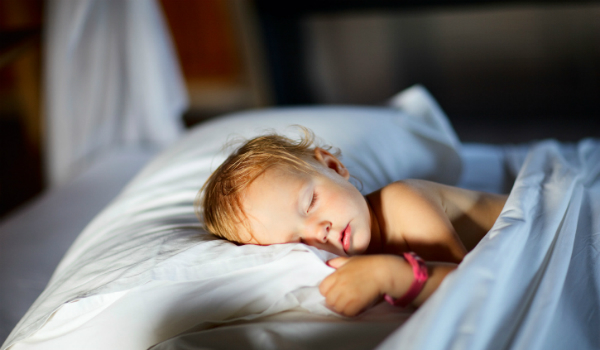
Resources
Sleep disturbances for children with autism
Sleep disturbances are very common for children with autism. When children have problems falling asleep and sleeping through the night it impacts the entire family. There is a correlation between sleep deprivation and behavior problems, cognitive functioning and attention and hyperactivity issues. Often people turn to medications, supplements or dietary changes to help children with sleep problems. What most people do not realize is that sleep problems can be targeted through behavior planning and treatment. Some common sleep related problems reported by parents include children waking up in the middle of the night, children having a difficult time going to sleep when you put them to bed, and refusing to go to bed or stay in bed.Improving Sleep Hygiene
If your child is experiencing problems falling asleep the first thing you should consider is your child’s sleep hygiene. The following is a list of things to consider for improving sleep hygiene:- Initially check your child’s diet and medication regiment. Does your child eat items with caffeine? Check the labels. Avoid feeding your child too late in the evening. Food gives you energy and eating too late can give you a burst of energy. Also many medications can have an effect on sleep. If your child is prescribed a medication, check the side effects. If there are side effects that effect sleep discuss the issue with your child’s subscribing physician.
- Establish a sleep routine. Do the same thing every night to help your child feel relaxed and know that bedtime is approaching. This can be especially important for children with language deficits. Also keep your child’s bedtime and waking times the same even on the weekends.
- Avoid daytime sleeping. If your child is sleeping during the day try to keep them active during the times when they are likely to go to sleep. If you can’t avoid them falling asleep (such as a car ride home in the afternoon or evening) you should wake them as soon as possible.
- Make sure that your child is going to sleep in their own bed. They should be drowsy but awake when they go to bed. Children that fall asleep in other places and are put in bed often have problems with night wakings. Also if your child goes to sleep with the radio or television on or next to a parent and then do not have those things when they wake in the night then they may not have the ability to put themselves back to sleep.
Behavioral Planning
If you have tried these sleep hygiene tips and your child is still having difficulty sleeping or you are finding behavior at bed time difficult then you may need to look at doing more general behavior planning. Seeking assistance from a behavioral specialist may be helpful. Looking at why the behavior is occurring is the initial place to start when looking to change behavior. It may be necessary to have a functional assessment of the behavior to identify what things in the environment are impacting the child’s ability to engage appropriately in these routine activities. Our responses as parents to our child’s behaviors often have more impact then we realize. The first step taken in identifying what needs to be changed is what is happening now.Providing a Sleeping Journal
It is often helpful before seeking professional help in treating sleep issues to keep a sleeping journal. The following is a list of important information to put in a sleep journal. If you plan to get assistance in behavior planning bringing this information to your first appointment can be helpful.- Dietary and medication information including what type and when eaten
- Time bedtime routine was started and what it looked like
- Time child went to bed
- Time child went to sleep and what they needed to get them to fall asleep
- Time child woke and how long they were awake
- If child woke up what occurred during that time
- Interactions that surrounded behavior problems associated with bedtime such as refusals, negotiations, or other behaviors of concern (Interactions should include both parent and child responses)



